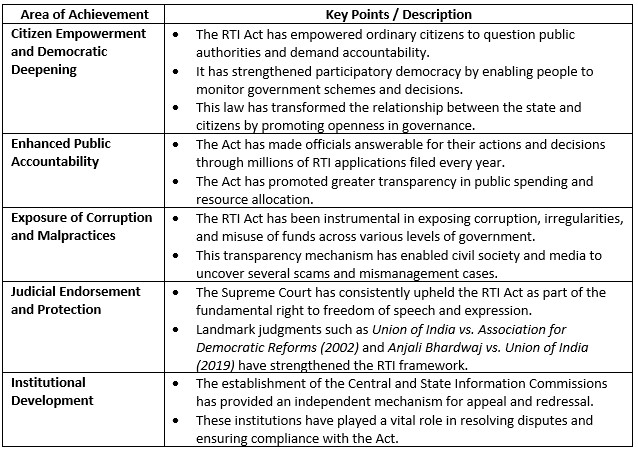You're all caught up—no notifications available.
Explore All Exams at KGS

All Exams
Explore All Exams at KGS
Khan Sir Courses
Geography I Polity I History | World Map I Indian Map I Economics I Biology
UPSC & State PSC
UPSC I BPSC I UP-PSC I MP-PSC
State Exams
UP I Bihar I MP | Rajasthan
NEET | JEE | CUET | Boards
NEET | JEE | CUET | Boards
Defence Exams
NDA I CDS I CAPF I AFCAT I SSB I Agniveer
Police Exams
UP SI | Bihar SI | Delhi Police | UP Constable
SSC Exams
CGL I CPO I CHSL I MTS I SSC GD I Delhi Police
Foundation Courses
Physics I Chemistry I Biology I History I Geography I Polity I NCERT I Math I English | Map I Reasoning
Railway Exams
RRB | RPF
Teaching Exams
TET | Teaching | UGC
Banking Exams
SBI | RBI | IBPS
Engineering Exams
Civil | Electrical | Mechanical
UGC NET
UGC NET/JRF
Current Affairs provides you with the best compilation of the Daily Current Affairs taking place across the globe: National, International, Sports, Science and Technology, Banking, Economy, Agreement, Appointments, Ranks, and Report and General Studies

SYLLABUS
GS-2: Important aspects of governance, transparency and accountability, e-governance- applications, models, successes, limitations, and potential; citizens charters, transparency & accountability and institutional and other measures.
Context:
As the Right to Information (RTI) Act, 2005 marks 20 years in 2025, it is important to assess its effectiveness and accomplishments.
About the Right to Information Act
• In the 1990s the Mazdoor Kisan Shakti Sangathan (MKSS) led by activists like Aruna Roy and Nikhil Dey launched an initiatives to establish foundations and put into practice the idea of the Right to Information.
• The Right to Information Act, enacted in 2005, aims to promote transparency and accountability in the functioning of public authorities.
• Section 3: every citizen has the right to access information held by or under the control of public authorities.
• It empowers citizens to hold the government accountable for its actions and decisions.
• The Act operationalises the citizens’ fundamental right to know, which is derived from Article 19(1)(a) of the Indian Constitution.
• The law mandates the appointment of Public Information Officers (PIOs) in every department to facilitate access to information.
• It establishes the Central and State Information Commissions as appellate authorities to resolve disputes and complaints.
• It also prescribes penalties for non-disclosure, misinformation, or delays without reasonable justification.
• The right to information under the Act is available only to citizens of India and not to corporations or foreign entities.
What is Information?
• The Act defines information under Section 2(f) as any material in any form that is held by a public authority.
• This includes records, documents, memos, e-mails, opinions, advices, press releases, circulars, orders, logbooks, contracts, reports, papers, samples, and models.
• It also covers information stored in electronic forms such as data, tapes, diskettes, or any other digital medium.
• The term includes information related to private bodies that can be accessed by public authorities under any prevailing law.
• The Act specifies that only existing information can be provided, and public authorities are not required to create or interpret information.
Key achievement of the Right to Information Act

Source:
DowntoEarth
Indian Express
The Hindu


NCERT Books
Resources
We love learning. Through our innovative solutions, we encourage ourselves, our teams, and our Students to grow. We welcome and look for diverse perspectives and opinions because they enhance our decisions. We strive to understand the big picture and how we contribute to the company’s objectives. We approach challenges with optimism and harness the power of teamwork to accomplish our goals. These aren’t just pretty words to post on the office wall. This is who we are. It’s how we work. And it’s how we approach every interaction with each other and our Students.
Come with an open mind, hungry to learn, and you’ll experience unmatched personal and professional growth, a world of different backgrounds and perspectives, and the freedom to be you—every day. We strive to build and sustain diverse teams and foster a culture of belonging. Creating an inclusive environment where every students feels welcome, appreciated, and heard gives us something to feel (really) good about.
Get Free academic Counseling & Course Details
